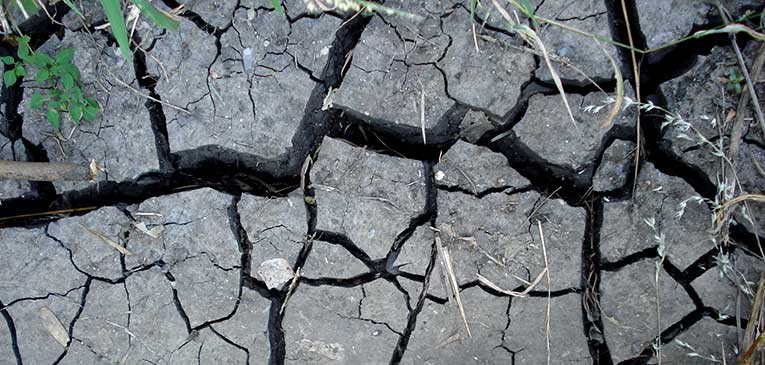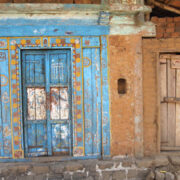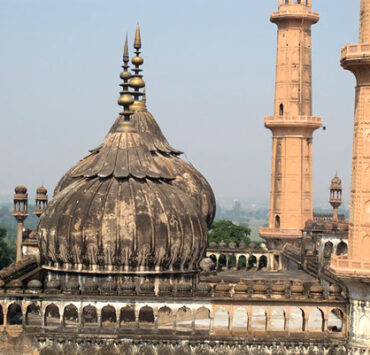They say field work is the best part of the at-times stimulating, many more times aggravating experience of doing a Ph.D. and I couldn’t agree more. Field work is indeed an amazing journey—you witness abstract concepts read in journals being enacted before your eyes; once obscure ideas slowly find meaning through the data you collect; you meet people and for a while; they open their lives to you, allowing you to share their canvas; and of course, most importantly, you learn.
What they always forget to mention is that where there is field work, there is often also the unsavoury task of dealing with and extracting data from the alternate universe of the Great Indian Bureaucracy. And as with certain things, this is one place where one’s preconceived notions are not all that unwarranted.
* * *
He sat in a lazy slump in his rotating chair, complete with the mandatory towel that graces every government officer’s throne. Flitting away a fly that was hovering precariously close to his glass of excessively sweetened tea, he looked at me incredulously, “Uh? You’ve come to study about water scarcity issues here? In the Cherrapunji of Rajasthan?” This was followed by a snort, which I’d like to call derisive, but when we talk of government officials, we must be very politically correct. Oh yes, we must not use words like derisive. We must be thick-skinned. And under all circumstances, we must be servile. Seeing all the clerks bent over double as they entered the room, servility seemed to be the only thing in good measure in the dilapidated building. Apart from derisive snorts of course.

The black soil at the village has a way of cracking up immediately after the rains and so no water remains in the soil, which is as you can imagine, detrimental to growing crops. Photograph by Chandni Singh/
Shaking off the inauspicious beginning, I sipped at my very own glass of saccharine tea and began again, “Could you tell me about drought occurrence in this area?” He stared towards the door and for a moment he actually fooled me into believing that he was contemplating his answer, carefully choosing between his thoughts, to give a comprehensive reply. After about a minute of silence, I realised that hoping for an answer would not get me anywhere and I began repeating the question. Suddenly, jerking his head towards me, with a strange new spark of interest illuminate his eyes he asked, “What did you say your surname was?”
This conversation was definitely not going the way I wanted it to, but well, you humour the official, get your work done, and slip out as quickly as possible. So I replied, with a tone that I like to think was discouraging, “Singh.” He nodded not quite pleased with the answer, for the surname didn’t give him much fodder for thought. It was like the ubiquitous Kumar that people of various backgrounds used and so he continued, “Where are you belong from?” The emphasis on ‘my place of belonging’ was not lost on me for I had already explained where I came from, academically. This was a way to box me into one of the categories that every Indian must belong to. It was a pastime perfected into an art on long railway journeys and something people liked to indulge in as soon as they made their acquaintance with a stranger. “Uttar Pradesh,” I replied tentatively, wondering whether it would be rude to ask my question again and arrest this utterly irrelevant line of questioning. But mentioning U.P. did wonderful things to Mr. Officer. Lethargy forgotten, the glazed bored look was abandoned with a youthful exuberance I certainly didn’t think he had.

Everything in the village is ‘jugaad‘: a creative way of making do with what one has to serve one’s purposes. Photograph by Chandni Singh/
“Arrrre, why didn’t you mention this earlier? I am from U.P. too. Where in U.P.?”
“Mathura.”
“Oh! I am from _______. Singh, hmm? So you must be a Rajput yes? What kind of Rajput are you?”
“It doesn’t really matter,” is what I wished I had said but I answered his volley of questions mechanically, our roles reversed quite cleverly. Only when his appetite for my entire lineage was satisfied, and he had told me his supposedly superlative caste credentials, did the conversation veer back to drought and the like.
“So, as I was asking, can you tell me about the years drought was declared here and the steps taken by your department as relief work?”
The man just walked over that and after a pause, pounced with, “Why did you come to Pratapgarh of all places? Whoever told you to come here misguided you terribly. It is a terribly backward place and you will have to work with tribals. Another researcher came to me the other day and I asked her the same question. Who would want to come to Pratapgarh when one could go elsewhere?” And to that he added in a conspiratorial tone, “It’s not even safe, you know the tribals… especially for girls.”
Flabbergasted at his derogatory tone about the very people whose rights he was supposed to ensure, whose ‘backwardness’ he was supposed to address, I tried explaining my apparently foolish idea to base my research in Pratapgarh. I explained to him how because of its inaccessibility and ‘backwardness’, the area had received very low research focus compared to the more visibly water scarce areas of Jodhpur and Jaisalmer, how in spite of the heavy rainfall, people faced water scarcity, especially when the rains were erratic, how caught in unforgiving cycles of debt, households survived on daily wages and their agriculture was at best, enough to feed the family… but he had already lost interest. The glazed look was back and the flies, those poor fellows, were back to being unceremoniously flitted away. After some more questions, I got up to go. “If you need anything, let me know,” he said. “After all, you are from my area. I will do all I can to help you.”
I looked at him incredulously and walked away disturbed by the way he had, so effortlessly, reinforced the common notion of government officials being apathetic to the situation in the areas they are supposed to ‘govern’.
* * *
The next day, I found myself munching on a hot makke ki roti at Jogilal Meena’s house. Yes, the same man with the mittens. His wife, the effervescent Sohan Bai pushed another roti into my hand, and I protested, rather weakly. “These rotis are good for the winter, they will keep you warm,” she said. “I’ll teach you how to make them,” she added, “and then you can marry my son.” The entire family burst into laughter at this and I chewed on my roti resolutely, refusing to be dragged into more marriage jokes. Then, suddenly serious, dear Sohan Bai added, “Don’t refuse this, it is all I can offer. There is hardly any water in our well, so we have not grown wheat this winter. After a few weeks, I won’t be able to offer you any rotis.” The officer and his flippant generalisations brought a lump to my throat and I quickly swallowed my mouthful and washed it down with some water.







